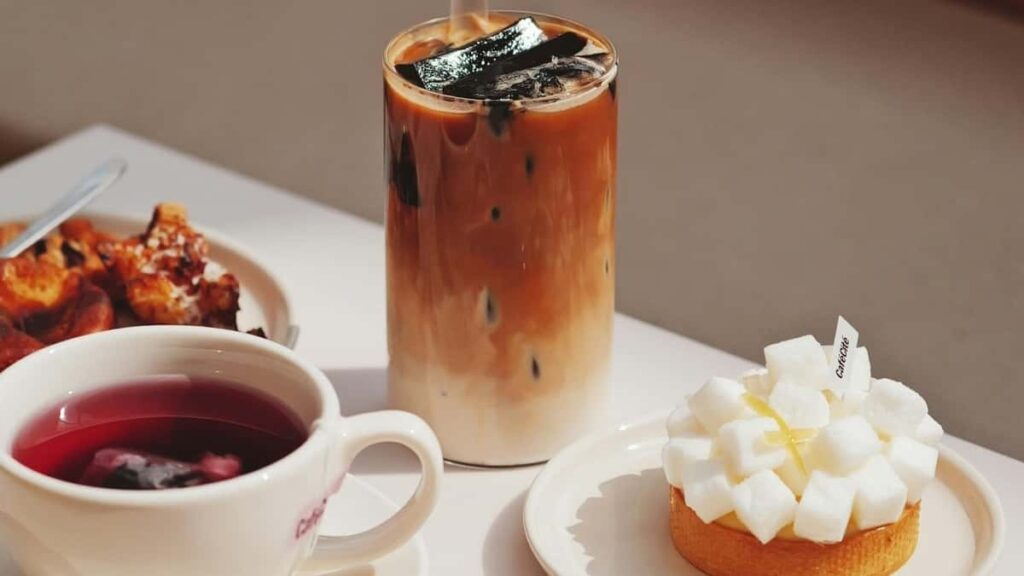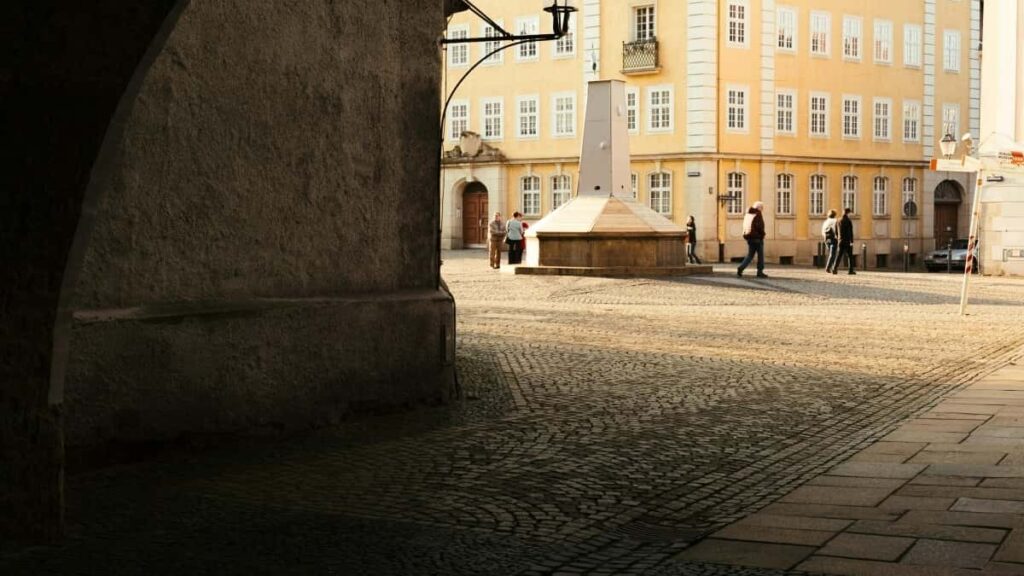💡 Why Nigerian advertisers should care about Pinterest creators now
If you’re running affiliate campaigns in Lagos, Abuja, or anywhere Naija, listen: Pinterest is not just mood boards and recipe pins anymore. The platform is steadily turning into a commerce-first discovery engine — and that shift matters for brands chasing low-funnel conversions without the noise you get on Instagram or TikTok.
Local context helps explain why. Nigeria’s creative economy is on the rise — fashion is a standout driver. As Donna McGowan, Country Director at the British Council Nigeria, pointed out, the creative sector is a multi-billion-dollar contributor to the economy and fashion houses like Henri Uduku and Black Fine and Fly are getting international stage time at events such as Africa Fashion Week London (AFWL 2025) (British Council Nigeria). That kind of global attention means more sharable assets — photos, styling guides, product pins — perfect for affiliate funnels on Pinterest.
At the same time, Pinterest is investing in its product and engineering muscle — recent reporting notes Pinterest opened an engineering hub in Zürich to boost platform capability (netzwoche). That matters to advertisers: better search, better shopping features, faster rollouts of creator tools. So if you’re an affiliate manager asking “Where do I find Nigerian creators who can drive affiliate sales on Pinterest?” — you’re on time. This article walks you through where to look, how to qualify creators fast, outreach templates that actually work, and what measurement to demand so your commission spend converts.
📊 Data Snapshot: Platform comparison for affiliate-driven creators
| 🧩 Metric | Pinterest (Nigeria) | Instagram (Nigeria) | TikTok (Nigeria) |
|---|---|---|---|
| 👥 Discovery intent | High (search + evergreen) | Medium (feed + reels) | Low‑medium (entertainment first) |
| 🛍️ Shopping tools | Product pins, buyable ideas, link friendly | Shops + tags, but often paid ads | In‑app shopping growing, creator cut varies |
| ⏳ Content lifespan | Long (weeks→months) | Short (days) | Very short (hours→days) |
| 📈 Best niches | Home, fashion, beauty, food, DIY | Fashion, beauty, lifestyle, celeb | Entertainment, trends, short-form commerce |
| 🔗 Affiliate friendliess | High (direct links work well) | Medium (link in bio/ads common) | Medium (links via ecommerce partners) |
| 🧾 Measurable ROI | Strong when paired with landing pages & UTM | Good with pixels & promo codes | Good for volume, harder for long sales funnels |
Table shows why Pinterest is a different animal: it’s built for discovery that converts over time — perfect for affiliate products that need visuals and search intent. Instagram is great for brand moments and fast conversions; TikTok moves product quickly but often needs top-up strategies to convert higher‑value buys. For Nigerian advertisers focusing on fashion or home decor, Pinterest’s long content life and link friendliness make it an attractive channel to recruit creators for affiliate work.
😎 MaTitie Showtime
Hi, I’m MaTitie — the writer and your friendly market scout. I chop and test digital tools, watch creators hustle, and help brands find the creators who actually sell. Quick heads-up: in Nigeria, platform access sometimes plays funny games — tools change, features roll out slow, and geo-bumps happen. A VPN can smooth access for testing and campaign checks.
If you want a no-brainer VPN that works for speed and privacy while you research creators or check geo-specific ad previews:
👉 🔐 Try NordVPN now — 30-day risk-free.
This contains an affiliate link. If you buy via it, MaTitie might earn a small commission. Appreciate any support, bros and sis.
💡 How to find Nigerian Pinterest creators — the practical playbook
1) Search the platform like a human, not a scraper
• Use Pinterest search with local keywords: “Naija fashion”, “Nigerian wedding style”, “Lagos interior design”. Don’t just rely on global terms — local colloquialisms bring up creators who speak to Naija shoppers.
• Follow relevant boards and check their contributors. Many creators curate and contribute to niche boards (fashion lookbooks, aso-ebi inspo).
2) Use creator markets + influencer directories
• BaoLiba is a fast route — it ranks regional creators, so you can filter by country, niche, and past campaign types. That’s faster than scrolling DMs.
• Use other marketplaces for discovery, but always validate engagement quality: ratio of saves vs likes vs comments matters on Pinterest.
3) Tap fashion accelerator alumni & industry signals
• Designers making global moves — like Henri Uduku and Black Fine and Fly getting AFWL 2025 slots (British Council Nigeria) — mean a ripple of creators and stylists will pin visuals. Reach out to those designers’ PR teams for creator recommendations or collab lists.
4) Listen to search intent and content type
• Pins with “how to style”, “shop the look”, or “product guide” often convert better for affiliate links. Prefer creators who mix inspiration + product placements + clear call-to-action.
5) Vetting checklist (quick):
• Board quality: Are boards organised by theme or random clumps?
• Engagement signals: saves > likes is a good sign on Pinterest.
• Showcase of past commerce results: promo codes, trackable links, or case studies.
• Communication: responsiveness and willingness to use tagged affiliate links and UTMs.
6) Outreach formula that works in Naija tone
Subject: Quick collab? — Pin + Promo for [brand name]
Message: “Hi [Name], love your board on [theme]. I’m with [brand]. We run a short affiliate test: 4 pins + 1 gift drop for your best-performing pin. You keep X% commission + flat fee. Interested? I can share creatives + how we track sales.”
7) Test small, scale fast
Run a 2-week pilot with 3 creators per niche. Use unique tracking links or promo codes. Compare click-to-sale and saves-to-click rates. Kill or scale after one cycle.
Extended field notes & trends (what I’m seeing on the ground)
Pinterest is investing in engineering and product features (netzwoche reports a new Pinterest engineering hub in Zürich), which often precedes better creator tools and shopping integrations. For Nigerian advertisers, that’s good news — more reliable shopping pins, better search results, and improved analytics make affiliate campaigns easier to measure.
Fashion is the clearest local win. The British Council’s Creative DNA accelerator has been supporting designers across Sub‑Saharan Africa (British Council Nigeria), and when designers gain runway attention, their lookbooks become excellent pin fodder. Creators who repurpose high-res runway photos into “how to wear” pins or “shop the look” guides tend to attract higher purchase intent.
A note on tracking: many creators in Nigeria still prefer WhatsApp or email for chat and payment. Don’t be shy to blend modern tracking (UTMs, affiliate platforms) with local payment flows (quick transfers, Nigerian bank payouts, or Paystack/Flutterwave payouts). The campaign that respects creators’ selling patterns wins trust and performance.
Prediction: over the next 12–18 months, Pinterest will push more creator shopping features and Nigerian creators will lean into evergreen pins that keep converting weeks after the initial post. Brands that lock in creators early and set fair affiliate terms will ride that wave.
🙋 Frequently Asked Questions
❓ How do I know a Pinterest creator is genuine and not buying saves?
💬 Always check signal mix — lots of saves with zero profile visits is suspicious. Ask for case studies or a promo code result. Better still, run a tiny paid promo with a tracking link first.
🛠️ Can I use the same affiliate codes across Instagram and Pinterest?
💬 Yes — but tag platform and creator in your UTM so you can see which channel actually converted. Creators prefer unique codes so they can prove performance for future deals.
🧠 What niche works best for affiliate conversions on Pinterest in Nigeria?
💬 Fashion, beauty, home decor, and DIY are top performers for affiliate sales because they match the platform’s search and inspiration behaviour. Match product price point and pin style to audience intent.
🧩 Final Thoughts…
If you want affiliate returns without the constant ad spend battle, recruiting Nigerian Pinterest creators is a smart move. The platform’s discovery nature + long content lifespan plays well with product-led content. Use a mixed approach: platform search, creator marketplaces (like BaoLiba), industry contacts (e.g., designers and accelerators), and straight-up outreach with fair affiliate deals. Test small, measure cleanly, and scale creators who can turn pins into purchases.
📚 Further Reading
Here are 3 recent articles that give more context to this topic — all selected from verified sources. Feel free to explore 👇
🔸 Luxury Home Decor Market Size Poised To Reach $216 Billion By 2034, Growing At 5.17% CAGR
🗞️ Source: MENAFN – 📅 2025-08-13
🔗 Read Article
🔸 Davido reacts to pastor’s advice to him at his white wedding about cheating on wife Chioma
🗞️ Source: Legit.ng – 📅 2025-08-13
🔗 Read Article
🔸 Perplexity Challenges Google’s Power With $34.5 Billion Chrome Takeover Bid
🗞️ Source: MENAFN – 📅 2025-08-13
🔗 Read Article
😅 A Quick Shameless Plug (Hope You Don’t Mind)
If you’re recruiting creators across platforms — don’t waste time. Join BaoLiba — the global ranking hub built to spotlight creators like YOU.
✅ Ranked by region & category
✅ Trusted by fans in 100+ countries
🎁 Limited-Time Offer: Get 1 month of FREE homepage promotion when you join now!
Reach out: [email protected] — we usually reply within 24–48 hours.
📌 Disclaimer
This post mixes public reporting (e.g., British Council Nigeria comments and coverage of Pinterest’s engineering expansion) with practical advice and writer experience. It’s for guidance and discussion — verify campaign details and legal/compliance rules before running live affiliate campaigns.


